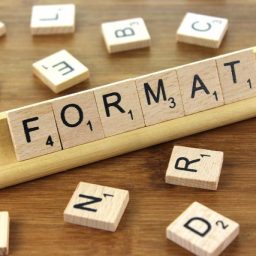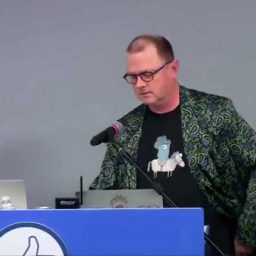Guide to Printing to the Console in Go
Most programs will need to emit some kind of output if they’re going to be useful to the people using them. So today we will look at the various ways to print content to the console in Go, focusing on four related functions in particular. Introducing the Fmt Package The Go standard library’s functions for […]







